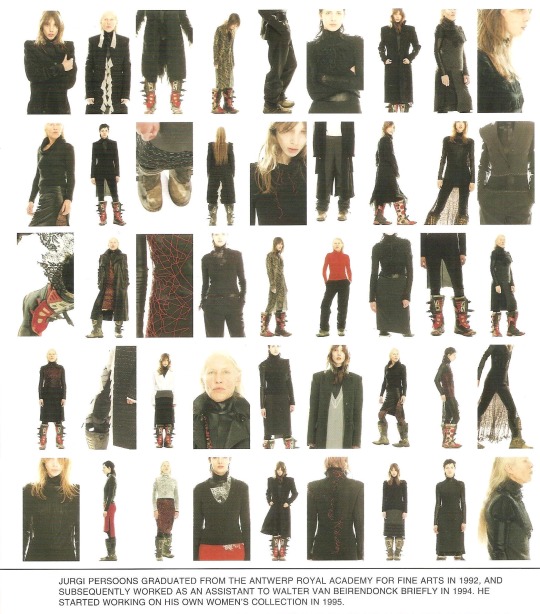Text
youtube
booboooo don’t touch meee
1 note
·
View note
Text




Siyah mashq (Persian: سیاه مشق), lit. "black practice," are calligraphic practice sheets often covered completely with writing.[1] They may include a number of diagonal words and letters used in combinations facing upwards and downwards on the folio. Siyah mashq was originally just a practice for the calligrapher to warm up his hand and to refine the shape of letters by repeating them over and over. These practices resulted in a page filled with words and letters. When calligraphers realised how stunning some of these pieces were, it was turned into a style of its own. Words and letters are repeated regardless of meaning, all for the sake of composition and style.
(source wikipedia)
0 notes
Text

tom verlaine and patti smith at stevie wonder’s party, nyc, 1974
Via @BillPourquoimec
13 notes
·
View notes
Photo

Mizutani (Les Rallizes Denudes) as shown on the 黒い悲しみのロマンセ或いは / “Fallin’ Love With” 7″.
884 notes
·
View notes
Photo

Jurgi Persoons autumn—winter 1999—00.
His designs are quite extreme and can be disturbing and arouse controversy, yet this is what makes them fascinating. Slanting hems, tweed combined with snake skin, tartan checks with finely worked embroideries create a style which is on the verge of bad taste. But despite taking these risks, his clothes are not ugly. The way in which his clothes are presented, especially in photographs, reflects the mood of his collection, leaving a forceful and unforgettable impression.
With each new collection, Jurgi Persoons refers to human characteristics, sentiments, situations, convictions, radical attitudes and their emotional impact. His universe raises questions, rather than giving judgments.
Jurgi Persoons combines a naive sense of humour with aggressive contrasts. As he states it: “People’s aspirations for a certain ideal appearance often transpire through the mistakes they make in the search for that ideal, and that is exactly what interests me most, because their failing efforts often produce quite hyperrealistic images. It’s the tension between these imperfect attempt to create a certain image and that which is considered socially acceptable — that evokes strong reactions, like aversion or adoration.”
410 notes
·
View notes









